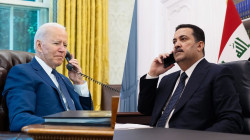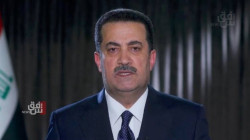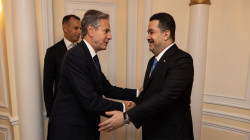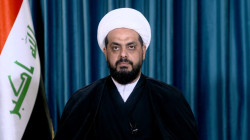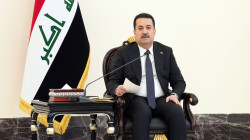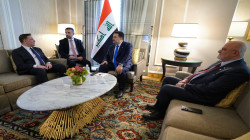Iraqi PM embarks on official visit to Washington, D.C., first since assuming office
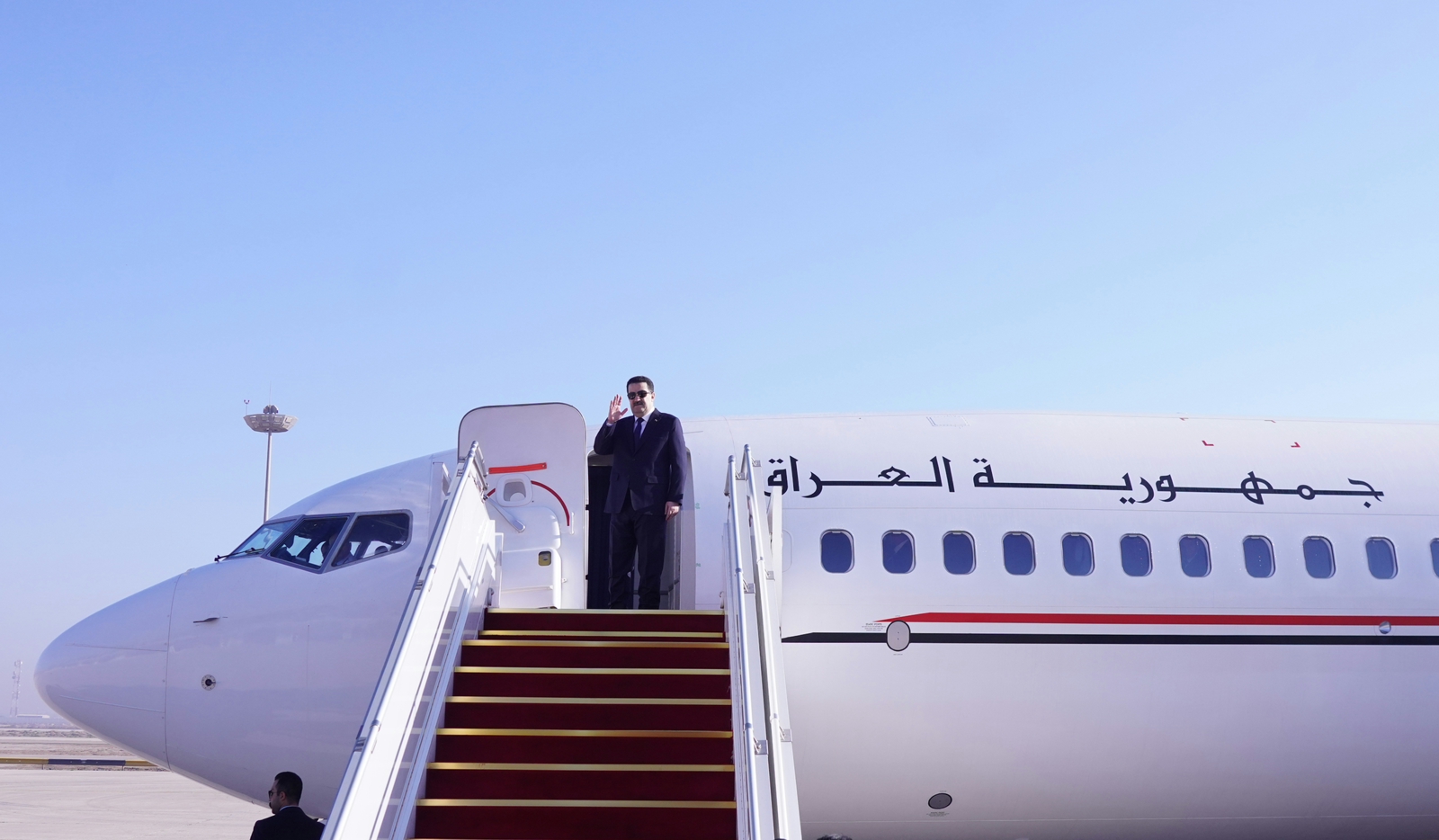
Shafaq News / Iraqi Prime Minister Mohammed Shia Al-Sudani has left Baghdad heading to the United States, leading a delegation of government officials, members of parliament, and representatives from the private sector, as stated by his media office.
This marks the beginning of an official visit, following an invitation from US President Joseph Biden.
The PM is scheduled to arrive in Washington on April 15th, marking his first visit since assuming office in October 2022.
Last Thursday, Al-Sudani considered his meeting with President Biden during This visit as "an opportunity to establish a new and more sustainable basis for Iraqi-American partnership."
He stated to the "Foreign Affairs" magazine, "Our discussions will reaffirm the ongoing importance of our economic relations, cooperation in combating money laundering and terrorism financing, and the use of political and diplomatic tools to defuse regional tensions."
Al-Sudani added, "The fight against terrorism will remain central to our governments," further stating, "We recognize and appreciate the crucial role played by the United States and other members of the Global Coalition in defeating terrorism, particularly ISIS."
"This support has helped Iraq achieve stability, make significant strides towards democracy, rule of law, and ensure government monopoly on the use of force."
He continued, "The time is right for our relationship to broaden," acknowledging the "growing capabilities of our forces to defend Iraq and ensure the safety of its citizens, contributing fundamentally to building a prosperous and stable Iraq."
The Iraqi Prime Minister concluded by stating that the relationship, in its new form, "can be a source of mutual benefit for both our countries and a driving force for achieving stability in the Middle East."
The White House announced on March 22nd that "the Iraqi Prime Minister will visit Washington to meet with President Joe Biden," stating that "the visit will take place in mid-April, and will discuss a range of issues, including the development of the US military mission in Iraq."
The White House stated that "On April 15th, President Joe Biden will welcome Prime Minister Al-Sudani to the White House to coordinate on shared priorities and strengthen the strong bilateral partnership between the United States and Iraq."
It further emphasized that "the leaders will reaffirm their commitment to the Strategic Framework Agreement and work to deepen their shared vision for a safe, sovereign, prosperous, and fully integrated Iraq in the broader region."
"President Biden and Prime Minister Al-Sudani will consult on a range of issues during the visit, including our shared commitment to the enduring defeat of ISIS and the evolution of the military mission after nearly a decade since the formation of the successful Global Coalition to defeat ISIS."
The White House concluded, "They will also discuss the ongoing Iraqi financial reforms to enhance economic development and progress towards Iraq's energy independence and modernization."
This visit signifies a crucial diplomatic endeavor. This high-level engagement marks a critical juncture in the bilateral relations between Iraq and the US, highlighting the importance of fostering a new era of cooperation and partnership.
The multifaceted relationship between them reflects a complex history marked by significant shifts and evolving dynamics since the 2003 US-led invasion that toppled Saddam Hussein's regime.
Despite occasional tensions, recent years have seen increased cooperation, especially in security, counterterrorism, and economic development.
While the US remains a vital economic partner for Iraq, challenges persist regarding sovereignty, military presence, and foreign policy alignment.
Nevertheless, both countries continue to engage in diplomatic dialogue, aiming to address shared challenges while managing differences effectively.
Given the strategic importance of the US as Iraq's primary ally, there is a national interest in consolidating ties. However, clear and defined terms are essential to prevent ambiguity and ensure alignment with stated positions.
